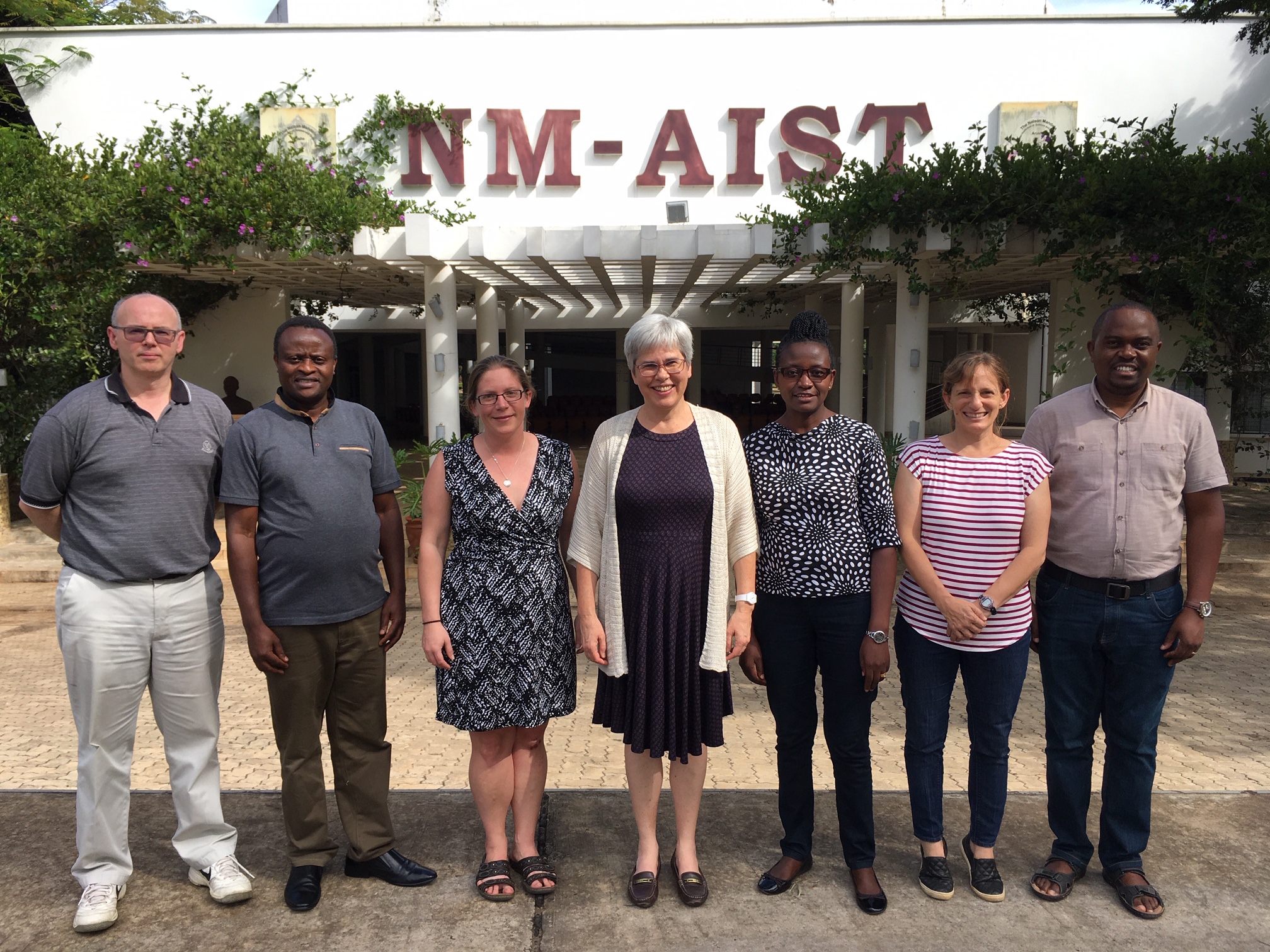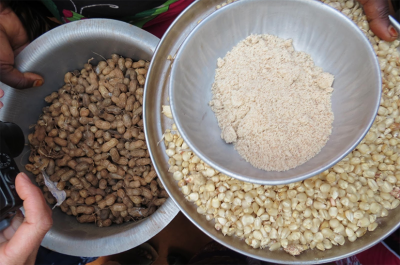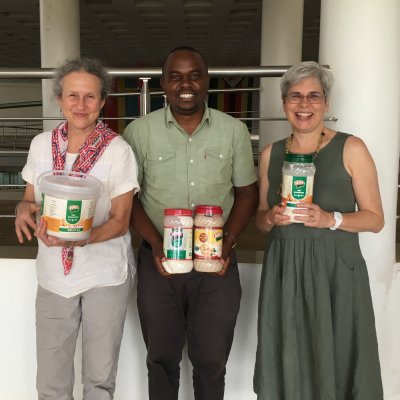When great minds don’t think alike

Last week I was in Arusha, Tanzania to lead a research team meeting at Nelson Mandela African Institute for Science and Technology (NMAIST). I’ve been doing collaborative research on the health of mothers and children in Tanzania since 1992.
Funded by the Bill & Melinda Gates Foundation, our research team is studying food quality and growth of infants in rural central Tanzania. We are especially interested in the health effects of aflatoxin, a toxin that frequently occurs in corn and peanuts, both of which are grown and consumed in Tanzania.

Aflatoxin is known to cause cancer in adults, but the consequences for young children are not yet known. Our objective is to determine whether controlling aflatoxin in the diets of infants prevents growth stunting.
The team combines expertise in human nutrition, food science, plant pathology and environmental health. We are from Tanzania, Kenya, the United Kingdom and the United States. We bring an intergenerational approach to our research: three of the investigators are my former doctoral students at Cornell University.
Since I became president at Goshen College, we have expanded to include Goshen professors Paul Meyer Reimer and John Mischler, and one GC student (so far), Anja Kenagy ’19, who created digital maps of our study district that helped us in our work this week. Our study involves randomly allocating health facilities to two intervention groups, and math professor David Housman helped to design the randomization and implemented the protocol.

I am fortunate to collaborate with such great minds, and contrary to the cliche, our great minds often don’t think alike. For five solid days in Arusha last week, we presented data, surfaced challenges, admitted mistakes, celebrated accomplishments and allocated resources. We papered three walls of the room with flip charts. We probed and argued, laughed and encouraged, and strove to make the very best decisions possible. We arrived at some conclusions that none of us had anticipated.
It’s an exciting team to be a part of because we see things differently, we are not afraid to speak our minds, and we are all more committed to solutions than to our own egos or ideas. This is what makes teams great in research and also leading Goshen College.
When great minds don’t think alike, we learn.
Rebecca Stoltzfus




